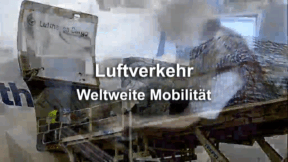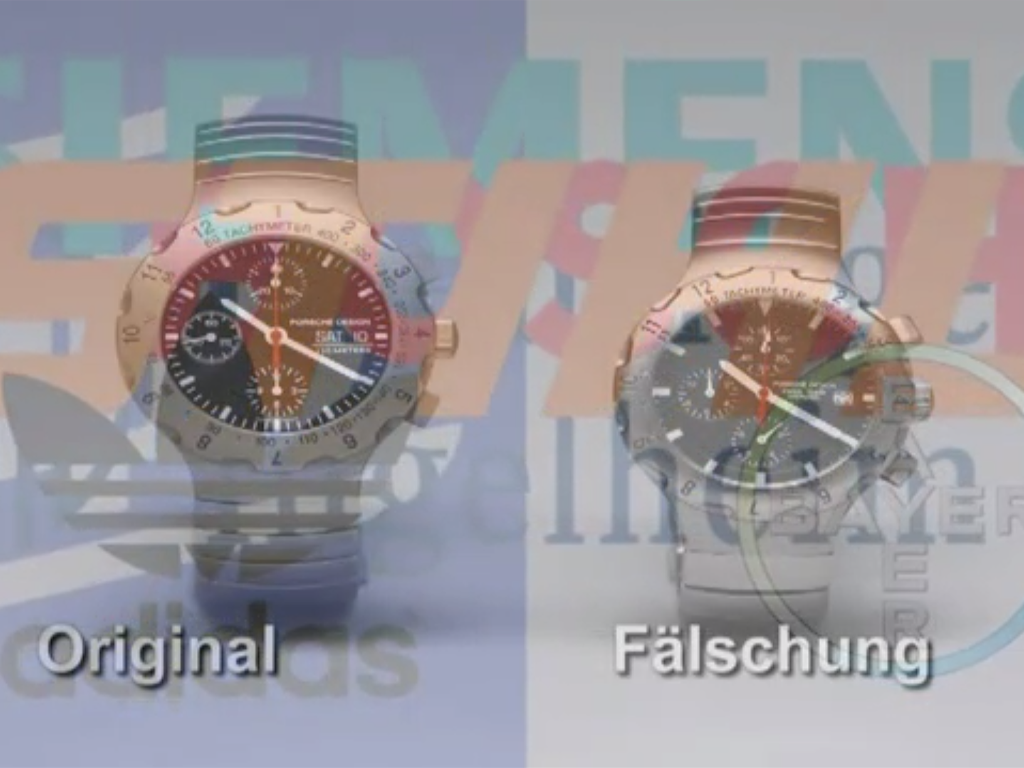 Biology, Society
Biology, Society

4670849 / 5560955
Körpersprache
Was verrät uns der Körper
Körpersprache – jeder benutzt sie, aber meistens ist uns das gar nicht bewusst.
Unser Körper spricht sogar, wenn wir telefonieren, obwohl uns der andere dabei gar nicht sehen kann. Es gibt Grundformen, die jedem Menschen angeboren sind, etwa wenn wir Angst haben oder lachen. Diese Signale werden deshalb auf der ganzen Welt in gleicher Weise verstanden.
Es gibt aber auch kulturelle Unterschiede, vor allem dann, wenn gestikuliert wird. Welche Bedeutung haben einzelne Signale, die wir übermitteln? Wie können wir sie so aussenden, dass andere sie richtig verstehen, und wie können wir sie selbst richtig interpretieren?
Wie wichtig Körpersprache ist, zeigt sich, wenn es gilt die Signale von potenziellen Gewalttätern frühzeitig zu erkennen. Auf einem Anti-Gewalt-Training gehen Joey Grit Winkler und Fero Andersen der Frage nach, woran man gewaltbereite Jugendliche erkennt und wie man seine eigene Körpersprache gezielt einsetzen kann, um das Schlimmste zu verhindern.
Ob bewusst oder nicht: Auch in alltäglicheren Situationen sprechen vor allem Gesicht und Mimik Bände. Was verrät unser Körper beim Bewerbungsgespräch, ohne dass wir auch nur ein Wort sagen, und wie wird er „gelesen“?
Wie setze ich ein Pokerface auf? Wo lauern beim Flirten üble Fettnäpfchen? Das und vieles mehr heute bei „Schau dich schlau!“.

Curriculum-centred and oriented towards educational standards
Matching
Air Traffic
Being able to fly has been a dream of humanity from time immemorial. But it does not even date back a century that people actually started being able to travel through the air. Since the 1960s, the number of flight passengers has been constantly increasing. Thus, the airspace is no longer dominated by birds but by man-made flying objects.
Product Piracy
Counterfeiting takes place in almost all economic sectors – textiles, watches, car parts, machine parts, tools, accessories, software and medicines. Some counterfeits are easy to recognise, others are so well-executed that even experts have difficulty distinguishing between original and imitation. This DVD covers the development of a product from idea to manufacture. Once a product has become a trademark, product pirates appear on the scene.









